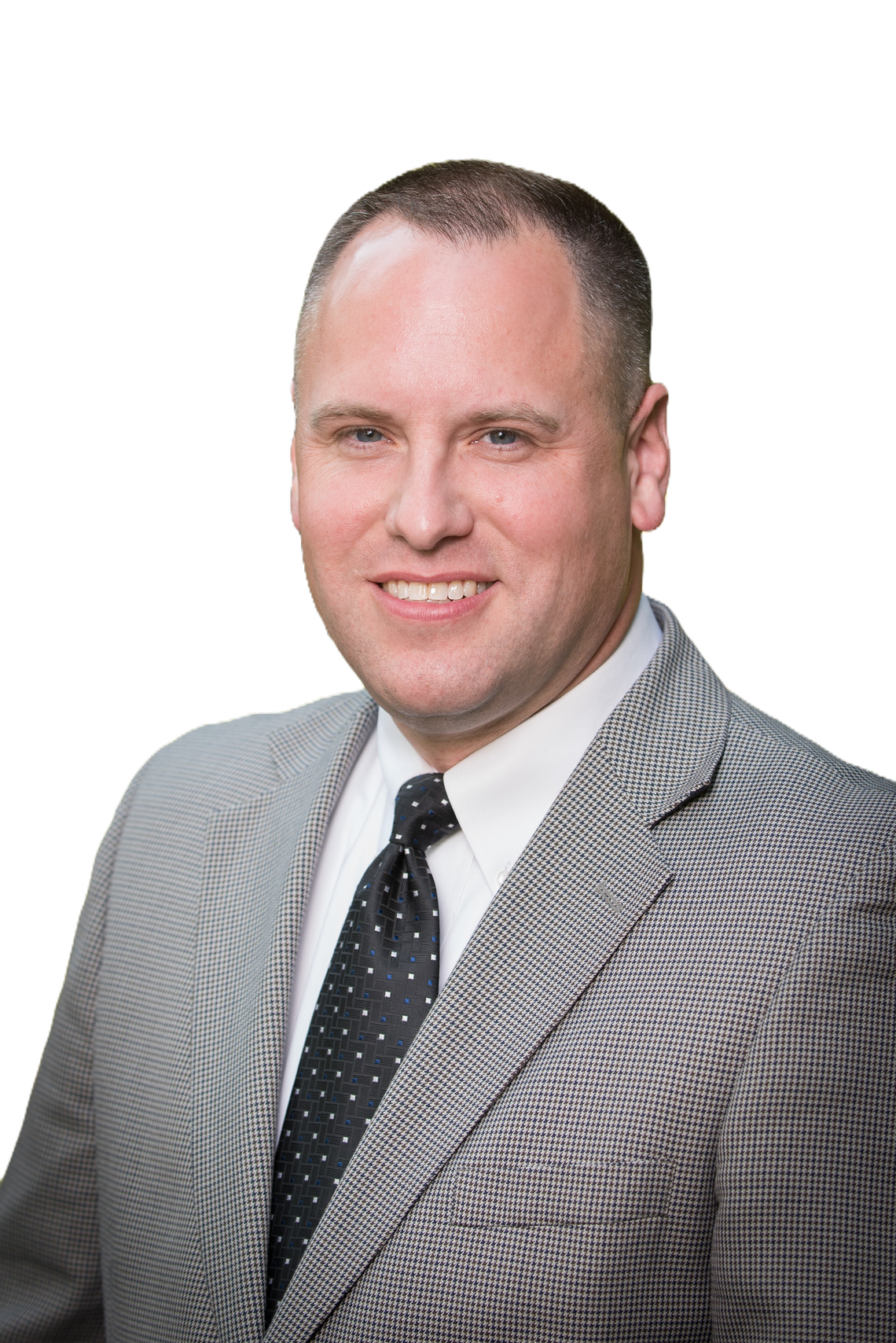No one is proposing school ‘vouchers’ in Idaho — they’re education savings accounts | Opinion
In the sometimes-heated debate over bringing more education choice options to the region, Republicans, Democrats and some in the media are falling into the trap of labeling education savings accounts “vouchers.”

For Republicans, it’s likely an unconscious slip. For the media, it’s probably a lack of understanding. For Democrats and activists opposed to education choice, it is a strategy.
Polling shows “vouchers” are very controversial and don’t have a lot of support. Education savings accounts, however, are much more likely to be looked upon favorably.
The reality is not many folks — including our lawmakers — could tell you the difference between the two. In fact, some have started to use the term “ESA voucher.” In an Idaho House Education Committee meeting last week, members of both parties used that term.
The trouble is there’s no such thing as an “ESA voucher.”
A voucher program would only let parents use taxpayer dollars to pay for tuition at a private school approved by the state. Typically, the state writes a check to a school in the name of a student to cover tuition.
An education savings account is much different. First, money is held in an account by the state — it is not given directly to schools. Second, an ESA allows parents to use a portion of state funding on a variety of education services. Yes, it can include private school tuition, but it can also include tutoring, special needs services, curriculum, mental health treatment and much more — so long as it is for an educational purpose.
In the end, ESAs are given to parents via a state fund, whereas vouchers are given to schools or a specific institution.
Education savings accounts are popular with parents. In fact, more than $335 million has been allocated to ESAs across the country, and several more states including Utah, Iowa, Arkansas and Texas are considering or have already passed ESAs this year.
The language of various education choice bills in Idaho, Montana and Washington calls for ESAs — not vouchers.
No one who supports or opposes education choice or covers the topic should use the term “voucher” unless an actual voucher bill is introduced. Doing so is simply inaccurate and on such an important topic, the clarity is crucial.
Chris Cargill is the president of Mountain States Policy Center. Online at mountainstatespolicy.org.
